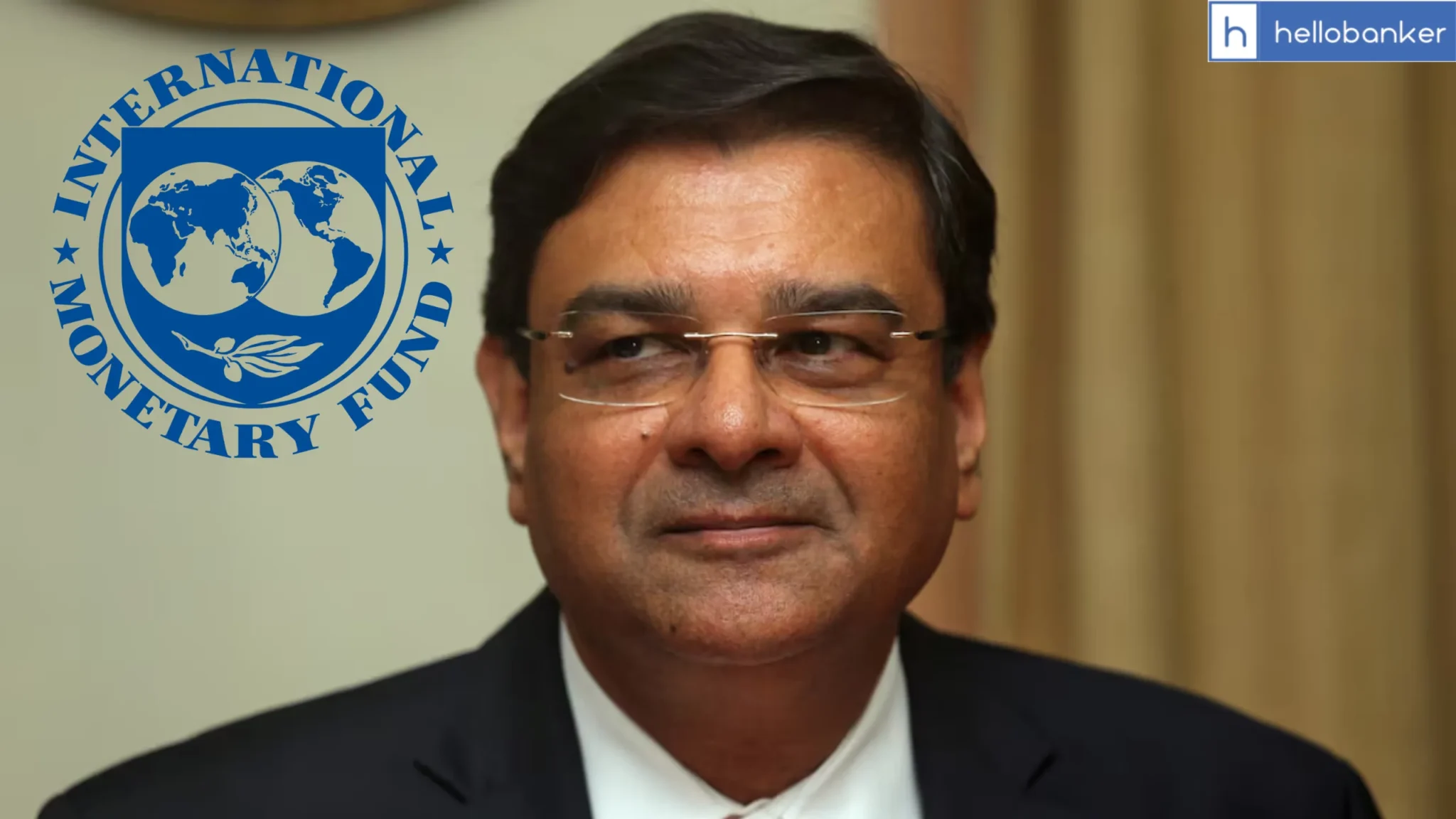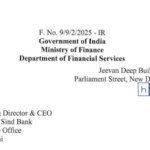New Delhi: Former Reserve Bank of India (RBI) Governor Urjit Patel has been appointed as Executive Director at the International Monetary Fund (IMF) for a term of three years. Patel, who served as RBI Governor from 2016 to 2018, is set to represent India along with Bangladesh, Bhutan, and Sri Lanka in this crucial role. His extensive experience in international economics makes him a significant asset for the IMF.
- Urjit Patel’s Journey: From RBI to IMF
- Significant Contributions to the Indian Economy
- Patel’s New Role: Challenges Ahead
- What This Means for the Banking Sector
- Looking Ahead: A New Chapter for India’s Economic Leadership
- Bankerpedia’s Insight 💡
- What Does This Mean for Me? 🤔
- Research References 📚
- Loved our Research? ❤️
Urjit Patel’s Journey: From RBI to IMF
Urjit Patel, born on October 28, 1963, in Kenya, has had a remarkable career that combines academic brilliance with significant administrative experience. Known for his analytical rigor, Patel took the reins as the 24th Governor of the Reserve Bank of India in September 2016, succeeding Raghuram Rajan. His tenure at the RBI was marked by efforts to stabilize the Indian banking sector amid rising inflation and economic uncertainty. He resigned from the position in December 2018, amidst challenges concerning the central bank’s autonomy and the government’s increasing influence.
Prior to leading the RBI, Patel’s formative years laid the groundwork for his future success. He completed his Bachelor of Science degree from the London School of Economics in 1984, followed by an M.Phil. from the University of Oxford in 1986. Later, he pursued a Ph.D. in economics from Yale University, which further cemented his expertise in economic policy and management.
Significant Contributions to the Indian Economy
During his time at the RBI, Patel was instrumental in implementing measures aimed at curbing inflation and ensuring the stability of the financial system. He emphasized the importance of maintaining low inflation rates to support sustainable growth in the Indian economy, which has become increasingly vital as the nation faces global economic challenges.
One of the most memorable policies during Patel’s tenure was his stance on the Monetary Policy Committee (MPC), which aimed to make the repo rate decisions more transparent. This shift not only improved the credibility of the RBI but also helped anchor inflation expectations among businesses and consumers. Patel’s commitment to transparency and effective communication also gained appreciation from economists and market analysts alike.
His role during the liquidity crisis of 2018 provided further insights into his capabilities. By introducing measures aimed at pumping liquidity into the market, Patel played a crucial role in stabilizing the economy during turbulent times. This experience is expected to bring valuable insights to Patel’s new position at the IMF.
Patel’s New Role: Challenges Ahead
As Patel steps into his new role at the IMF, he will represent not just India but also neighboring countries such as Bangladesh, Bhutan, and Sri Lanka. This diverse representation calls for a nuanced understanding of regional economies, especially as the South Asian region navigates the complexities of post-COVID economic recovery.
Analysts believe that Patel’s experience with the RBI and his extensive background in international economics will enable him to advocate effectively for the interests of these countries. His prior work at the IMF, where he served on the India Desk during the significant 1991-94 transition period, equips him with a unique perspective on the evolving dynamics of global finance.
What This Means for the Banking Sector
Patel’s appointment holds particular significance for the banking sector, as it may lead to increased engagement between the RBI and the IMF regarding monetary policy and financial stability. Financial institutions in India are keenly observing this transition, as policies influenced by the IMF can have far-reaching implications for economic stability and growth opportunities within the country.
For instance, Patel’s insights at the IMF could help foster stronger partnerships focused on innovative financing and development strategies. This could enable the Indian banking sector to enhance its resilience against external shocks and fluctuations in inflation, ultimately benefiting consumers through improved access to financial services.
Looking Ahead: A New Chapter for India’s Economic Leadership
In summary, Urjit Patel’s appointment as the Executive Director at the IMF represents a significant milestone not just for him but also for the Indian economy. Given his extensive experience, the RBI’s past challenges, and a proven commitment to macroeconomic stability, it is expected that he will bring a balanced approach to addressing both regional and global economic issues.
As the world continues to grapple with economic complexities, India’s presence in international forums like the IMF becomes paramount. Patel’s insights and connections will likely offer new pathways for collaboration among South Asian nations, encouraging a more integrated and resilient approach toward shared challenges.
In light of his appointment, many remain optimistic about the future of India’s economic leadership on the global stage, especially as it faces inflationary pressures and evolving market dynamics. Patel’s proven track record of guiding pivotal economic policies ensures that he enters this new chapter with a wealth of knowledge and skills, ready to tackle the multifaceted challenges that lie ahead.
Bankerpedia’s Insight 💡
Urjit Patel’s appointment as Executive Director at the IMF is a significant achievement for India, showcasing the country’s growing influence in global finance. With his extensive experience, including his tenure as RBI Governor, Patel brings critical insights that can enhance India’s economic stature on the international stage. This move may foster greater collaboration between the IMF and Indian financial institutions, potentially leading to innovations in banking policies. For readers, staying informed about such developments can offer insights into economic trends that may affect their personal finances and investment strategies.
What Does This Mean for Me? 🤔
- Salaried Person → Possible economic changes affecting job stability and salary growth.
- Business Owner → Increased global economic insights and potential funding opportunities.
- Student → Inspiration for economics career and global impact awareness.
- Self-employed → Possible changes in economics may affect market opportunities.
- Homemaker → Increased economic stability may affect household budgeting decisions.
- Retiree / Senior Citizen → Increased economic stability and confidence in financial systems.
- Job Seeker → New leadership may enhance job opportunities in finance sectors.
- Farmer / Rural Citizen → Increased financial policies may affect farming loans and subsidies.
Research References 📚
Loved our Research? ❤️
Bankerpedia turns financial confusion into clarity!
Subscribe to our YouTube channel for unbiased insights, financial literacy & practical banking wisdom.










